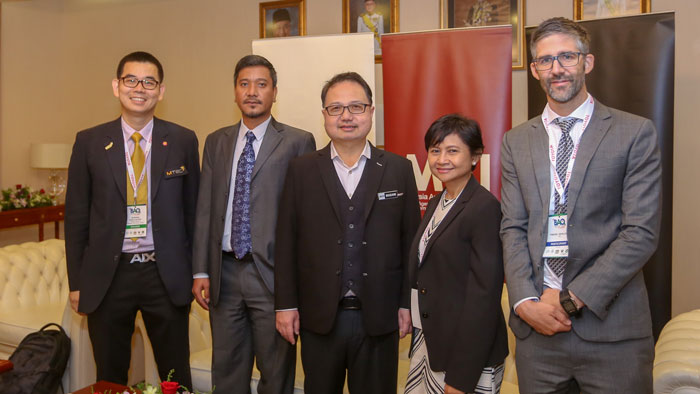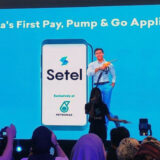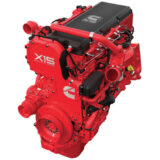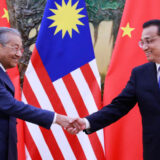
Malaysia developing driving cycle consistent with WLTC to measure fuel economy
The Malaysia Automotive Institute (MAI) is developing a standardised method consistent with the World Wide Harmonised Light Duty Test Cycle (WLTC) called the Malaysia Driving Cycle (MDC), it was heard last week at the Better Air Quality (BAQ) Conference organized by Clean Air Asia in Kuching, Malaysia.
The Malaysia Automotive Institute, an agency under the Ministry of International Trade and Industry (MITI), is the think tank for the country’s automotive industry.
This would establish Malaysia’s own globally recognised driving cycle, allowing the determination of fuel economy in the Malaysian context, using “real-world” driving conditions.
A driving cycle is a tool used in laboratory test (chassis dynamometer) to estimate the fuel consumption and exhaust emissions of vehicles. It is a series of data points representing the speed of a vehicle versus time sequence developed for certain roads, routes and specific areas or cities.
A Malaysian Driving Cycle would present a set of data specific to Malaysian roads, terrains and environmental conditions, to determine standards for Energy Efficient Vehicles (EEVs) based on UN Regulation 101.
The National Emission Test Centre (NETC), located in Rawang, Selangor, will be the first full-fledged vehicle emissions testing facility in Malaysia. The centre’s facilities include real-time measurement of exhaust emission gases for passenger cars in accordance with UN Regulation 83 and 101.
The emissions lab is equipped with an Emission Chassis Dynamometer within a climatic chamber. It also features a soak room, emission and equipment room, and a control room. The centre will be operated by the Malaysia Automotive Institute and will be open to all vehicle manufacturers in Malaysia and member countries of the Association of Southeast Asian Nations (ASEAN).
Emissions tests are a requirement for vehicles to comply with Vehicle Type Approval (VTA) and EEV certification. The establishment of the NETC will allow for significant emissions test cost reduction and faster test cycle times, as logistical constraints due to the elimination of overseas testing.
Malaysia, through MAI, actively collaborates with numerous bodies around the world towards the common goal of developing clean and efficient vehicle policies to reduce emissions and energy use within the road transport sector in Malaysia.
Recently, MAI has established collaboration in the form of a Memorandum of Agreement (MoA) with Clean Air Asia, a non-profit organisation that implements the “Supporting CLean and Efficient Vehicle Policies in Asian Countries” programme, funded by the UN Environment Programme (UNEP).
The collaborations are based on the following activities:
- Develop and establish a fuel economy baseline based on actual data gathering and trends analysis specific to Malaysia.
- Clean and efficient vehicle policy assessment by experienced world bodies such as the Global Fuel Economy Initiatives (GFEI).
- Clean and efficient vehicle policy development through national level workshops.
On the domestic front, the Malaysian Automotive Institute has established a collaboration with the Ministry of Energy, Science, Technology, Environment and Climate Change (MESTECC) in the following areas:
- Implementation of self-regulation in the management of environment, human capital and expert pool development, and the establishment of voluntary eco-labelling, and joint research for policy and technology roadmap formulation.
- Inputs specific to energy efficient vehicles towards the development of a Low Carbon Mobility Blueprint.
- Trends analysis of energy consumption in urban transportation through a Demand Side Management (DSM) study.
Also, Malaysia, through the MAI, actively participates in global and regional working groups, such as the UN Working Party on Pollution and Energy (GRPE) to present research initiatives and outcomes on a global platform.












